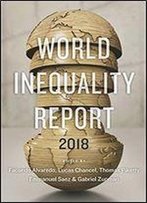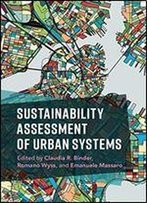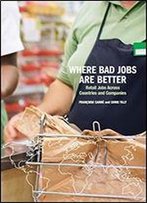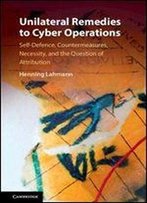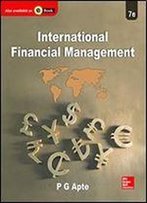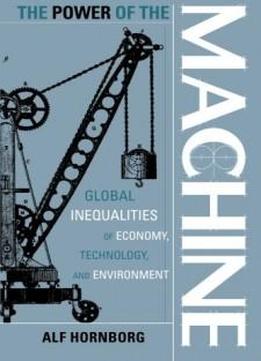
The Power Of The Machine: Global Inequalities Of Economy, Technology, And Environment (globalization And The Environment)
by Alf Hornborg /
2001 / English / PDF
4.1 MB Download
Hornborg argues that we are caught in a collective illusion about
the nature of modern technology that prevents us from imagining
solutions to our economic and environmental crises other than
technocratic fixes. He demonstrates how the power of the machine
generates increasingly asymmetrical exchanges and distribution of
resources and risks between distant populations and ecosystems, and
thus an increasingly polarized world order. The author challenges
us to reconceptualize the machine―"industrial technomass"―as a
species of power and a problem of culture. He shows how economic
anthropology has the tools to deconstruct the concepts of
production, money capital, and market exchange, and to analyze
capital accumulation as a problem at the very interface of the
natural and social sciences. His analysis provides an alternative
understanding of economic growth and technological development.
Hornborg's work is essential for researchers in anthropology, human
ecology, economics, political economy, world-systems theory,
environmental justice, and science and technology studies.
Hornborg argues that we are caught in a collective illusion about
the nature of modern technology that prevents us from imagining
solutions to our economic and environmental crises other than
technocratic fixes. He demonstrates how the power of the machine
generates increasingly asymmetrical exchanges and distribution of
resources and risks between distant populations and ecosystems, and
thus an increasingly polarized world order. The author challenges
us to reconceptualize the machine―"industrial technomass"―as a
species of power and a problem of culture. He shows how economic
anthropology has the tools to deconstruct the concepts of
production, money capital, and market exchange, and to analyze
capital accumulation as a problem at the very interface of the
natural and social sciences. His analysis provides an alternative
understanding of economic growth and technological development.
Hornborg's work is essential for researchers in anthropology, human
ecology, economics, political economy, world-systems theory,
environmental justice, and science and technology studies.
Find out more about the author at the Lund University, Sweden web
site.
Find out more about the author at the Lund University, Sweden web
site.

